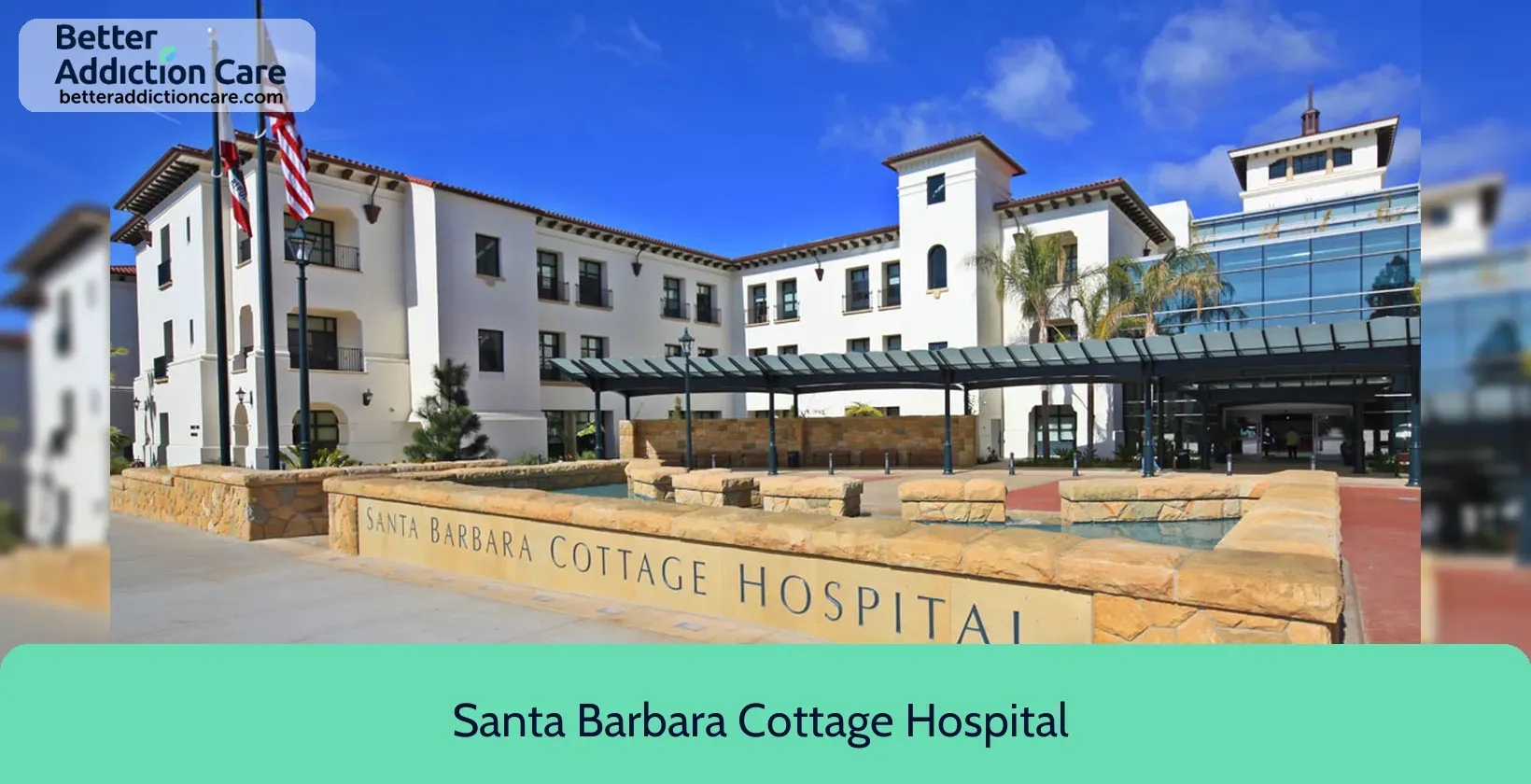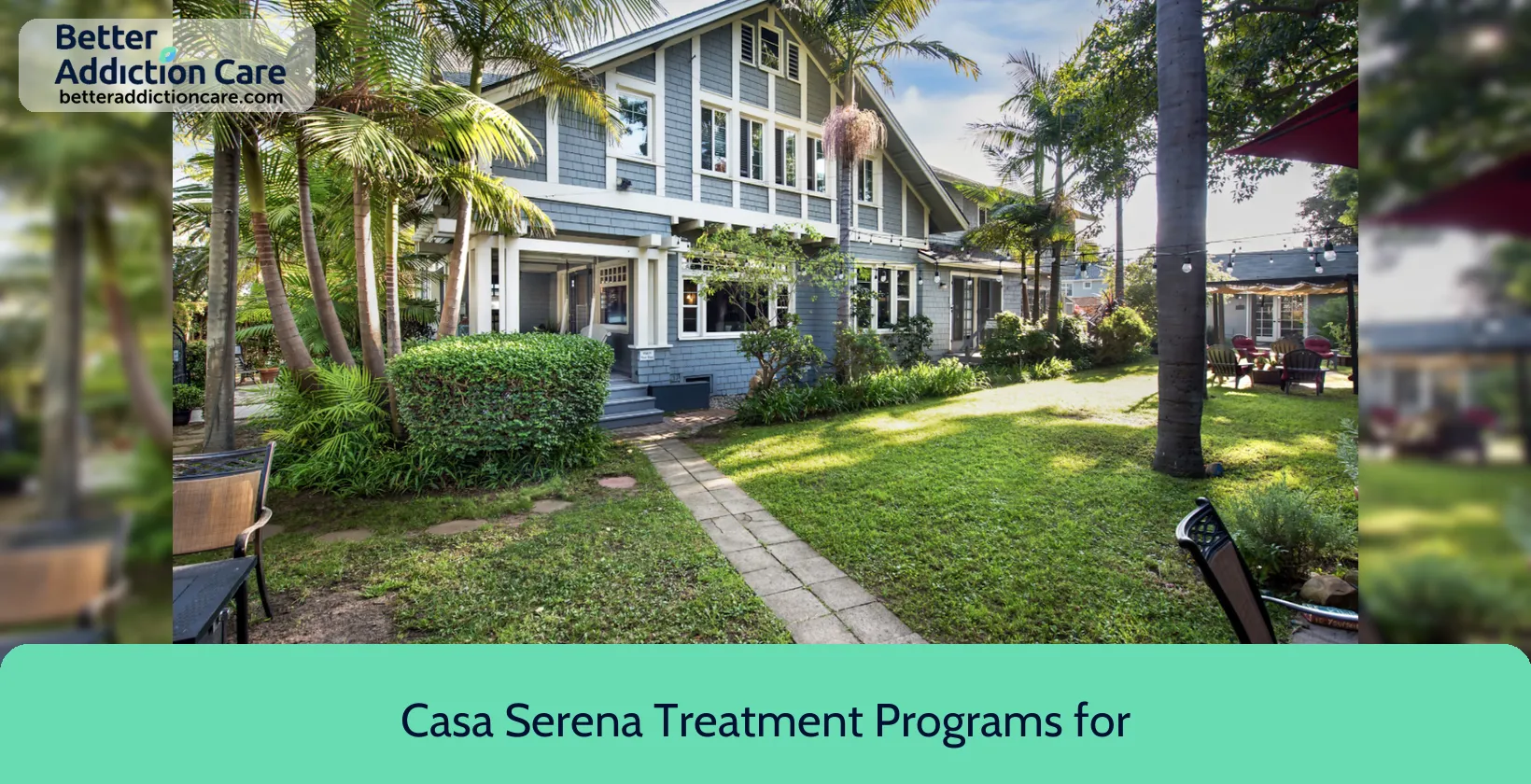Council on Alcoholism and Drug Abuse - Recovery Detox

Overview
Council on Alcoholism and Drug Abuse - Recovery Detox is a substance abuse treatment center for people seeking treatment near Santa Barbara County. As part of their treatment modalities for recovery, Council on Alcoholism and Drug Abuse - Recovery Detox provides group counseling, individual psychotherapy, and trauma-related counseling during treatment. Council on Alcoholism and Drug Abuse - Recovery Detox is located in Santa Barbara, California, accepting cash or self-payment for treatment.
Council on Alcoholism and Drug Abuse - Recovery Detox at a Glance
Payment Options
- Cash or self-payment
Assessments
- Comprehensive mental health assessment
- Comprehensive substance use assessment
Age Groups
- Adults
- Young adults
Operation
- Private for-profit organization
Highlights About Council on Alcoholism and Drug Abuse - Recovery Detox
6.56/10
With an overall rating of 6.56/10, this facility has following balanced range of services. Alcohol Rehabilitation: 8.00/10, Drug Rehab and Detox: 6.00/10, Insurance and Payments: 6.00/10, Treatment Options: 6.24/10.-
Alcohol Rehabilitation 8.00
-
Treatment Options 6.24
-
Drug Rehab and Detox 6.00
-
Insurance and Payments 6.00
Treatment At Council on Alcoholism and Drug Abuse - Recovery Detox
Treatment Conditions
- Mental health treatment
- Alcoholism
- Opioid Addiction
- Substance use treatment
- Co-occurring Disorders
Care Levels
- Detoxification
- Hospital inpatient treatment
Treatment Modalities
- Group counseling
- Individual psychotherapy
- Trauma-related counseling
Ancillary Services
Special Programs
- Clients who have experienced trauma

Additional Locations
Get Help Now
Common Questions About Council on Alcoholism and Drug Abuse - Recovery Detox
Contact Information
Other Facilities in Santa Barbara

6.62

6.62

6.75

6.94

6.64
DISCLAIMER: The facility name, logo and brand are the property and registered trademarks of Cottage Residential Center, and are being used for identification and informational purposes only. Use of these names, logos and brands shall not imply endorsement. BetterAddictionCare.com is not affiliated with or sponsored by Cottage Residential Center.
